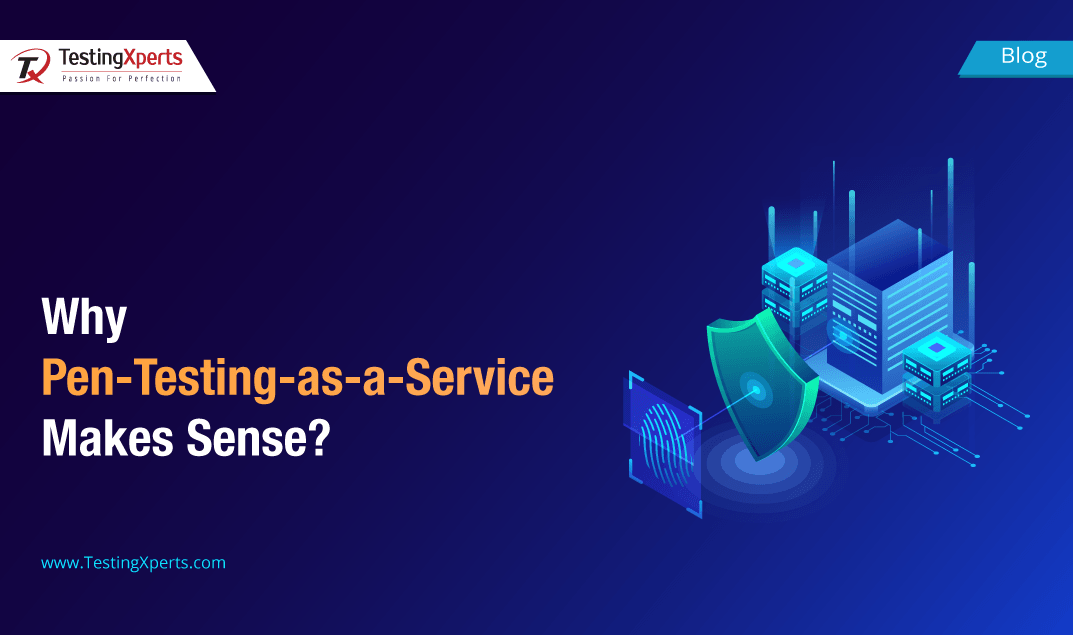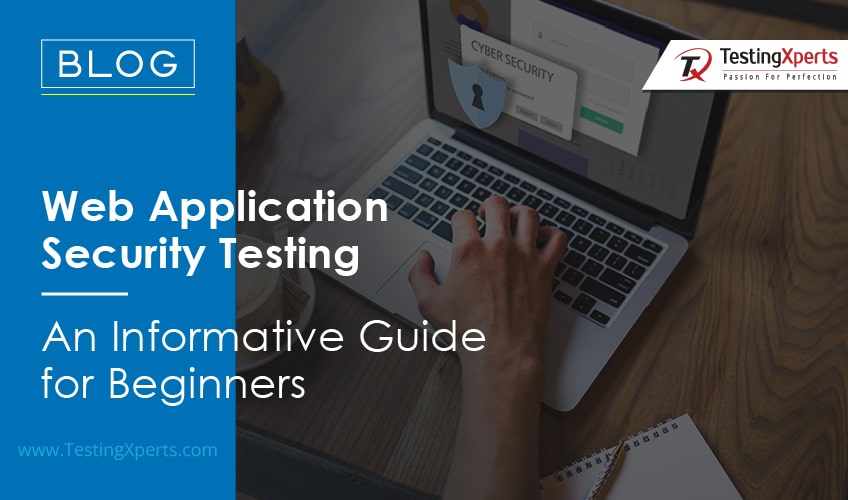
Cybersecurity and Data Protection have become the most talked about issues of recent times. Protecting internal and private data is a concern for every country and organization. Every country or region is coming up with its own Data Protection Act to protect their data from cyber-attacks and other probing vulnerabilities. Likewise, On April 14, 2016, the European Union parliament approved the General Data Protection Regulation, commonly known as GDPR. The law will be enforced from May 25, 2018. GDPR will be directly applicable in each EU Member State.
- How Can your Organization Adapt to the GDPR Compliance?
- Is your Organization’s GDPR Testing Strategy in Place?
- Tx Security Testing Strategy
After May 2018, organizations processing personal data will be held more responsible for their data collection and its use. Though many organizations have implemented processes steady with GDPR, this new Regulation will affect most organizations on various levels. Failing to meet the terms with the GDPR can lead to a fine of up to 4% of the global turnover or €20,000,000, whichever is higher. Hence, companies have become more cautious to adapt to this changing data protection law and are hiring expensive consultants to secure their data by the deadline.
How Can your Organization Adapt to the GDPR Compliance?
Adherence to the regulation will require a comprehensive security approach, with assistance from legal and IT departments. Implementing security within the DNA of the organization is the best approach an organization should consider to overcome every desecration and incident. The overall system must be designed, keeping security as the ultimate goal. The data of the organization should be designed by considering security protocols and GDPR compliance process.
There should be a security team enabling the compliance process across the organization. Eventually, bringing in security aspects within the structural design of enterprises while they are being built will disentangle complex data protection and security issues. Employing a security testing team to manage the organization’s data and assure data protection according to the security standards should be the ultimate focus for the organizations.
Is your Organization’s GDPR Testing Strategy in Place?
According to a recent industry survey, only 33% of organizations are confident that every piece of customer data could be identified promptly across all systems and applications. 66% of organizations are not completely confident they could erase customer data “without delay,” as required by the right to be forgotten.
Now, how will the organizations become GDPR compliant? To abide by the new compliance regulation, it is important to abide by the comprehensive security testing methods. Bringing in security aspects within the planning stage of enterprises can solve complex security and data protection issues.
Tx Security Testing Strategy
TestingXperts (Tx), as an innovative and modern software testing company, is guiding organizations through their digital transformation process. With its broad set of software solutions, Tx is helping them to navigate through their compliance journeys successfully. Tx is providing organizations the assistance to help achieve their GDPR compliance and deploy the controls required by the regulation.
Having a robust security testing strategy and system in place enables organizations to act in accordance with any upcoming State or Federal guidelines. Tx, with its modern and innovative security testing framework ‘Tx-Secure’, has guided organizations and provided state-of-the-art security testing techniques to adhere to the changing guidelines.
Tx’s dedicated security testing professionals have developed methodologies, processes, templates, checklists, and guidelines for web applications, software products, networks, and cloud.
Discover more
Get in Touch
Stay Updated
Subscribe for more info





